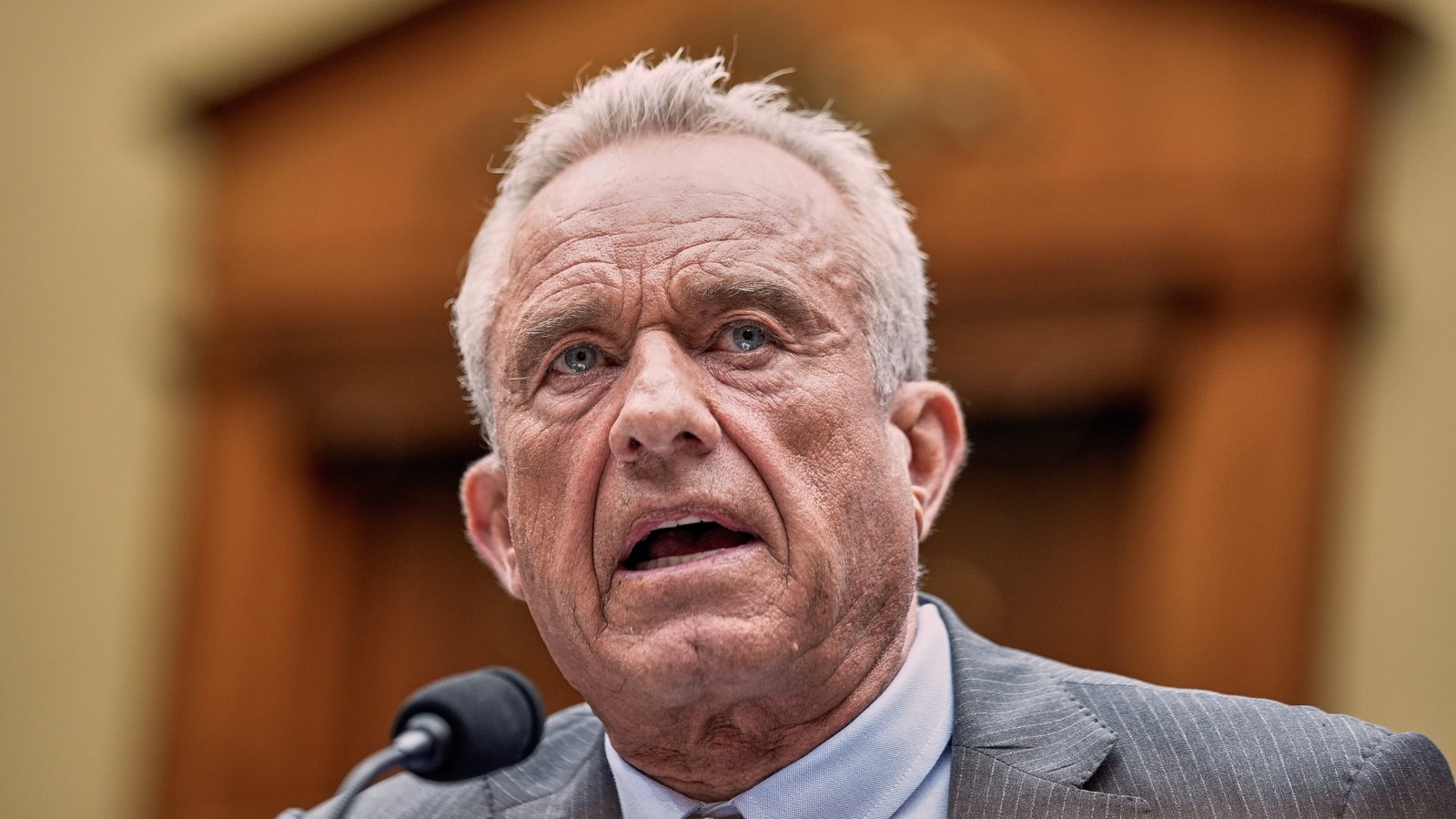RFK Jr. to Dissolve 'Woke' Cancer Screening Advisory Panel, Sparking Controversy

Robert F. Kennedy Jr., nominated as the Health and Human Services Secretary, is reportedly planning a significant overhaul of the National Prevention Advisory Group (NPAG). Sources indicate that Kennedy intends to dissolve the entire panel, citing concerns that it has become overly influenced by “woke” ideologies and is failing to prioritize effective cancer screening and preventive health measures.
The NPAG is a vital body responsible for advising the Secretary on recommendations for preventive health services, including crucial cancer screenings, vaccinations, and other public health initiatives. Its decisions directly impact federal guidelines and ultimately influence healthcare practices across the nation.
Kennedy's criticism of the panel stems from his belief that its focus has drifted from evidence-based medicine to politically charged debates. He argues that the panel's recommendations have been impacted by social and cultural factors that distract from the core mission of improving public health outcomes. The term 'woke,' often used to describe an awareness of social injustices, has become a point of contention in recent political discourse, and Kennedy's use of it in this context is likely to draw further scrutiny.
What's at Stake?
The dismantling of the NPAG raises several important questions. Critics worry that disbanding the panel could weaken the government's ability to provide sound, scientifically-backed guidance on preventive health. They argue that a diverse advisory group, representing various perspectives, is essential for making informed decisions that benefit all Americans.
Supporters of Kennedy’s move, however, contend that a fresh start is needed to ensure the panel’s recommendations are solely based on medical evidence and not susceptible to political influence. They believe that a new panel, free from perceived biases, can better serve the public by promoting effective cancer screenings and preventive health practices.
The Controversy Surrounding RFK Jr.
It’s important to note that Kennedy’s nomination and views have already been the subject of considerable controversy. He has a history of questioning mainstream scientific consensus on issues like vaccines, and his appointment has raised concerns among public health experts. This latest move to dissolve the NPAG is likely to further intensify the debate surrounding his suitability for the role of Health and Human Services Secretary.
Looking Ahead
The future of preventive health guidance in the United States remains uncertain. If Kennedy’s plan is implemented, it will be crucial to observe how a new advisory panel is formed and what criteria are used to select its members. The goal should be to establish a group that is both scientifically rigorous and representative of the diverse communities it serves. The impact on cancer screening rates and overall public health will depend on the decisions made in the coming months.
This situation highlights the ongoing tension between political ideology and scientific expertise in healthcare policy. As the nation grapples with complex public health challenges, it's vital to ensure that decisions are driven by evidence and a commitment to improving the health and well-being of all Americans.






